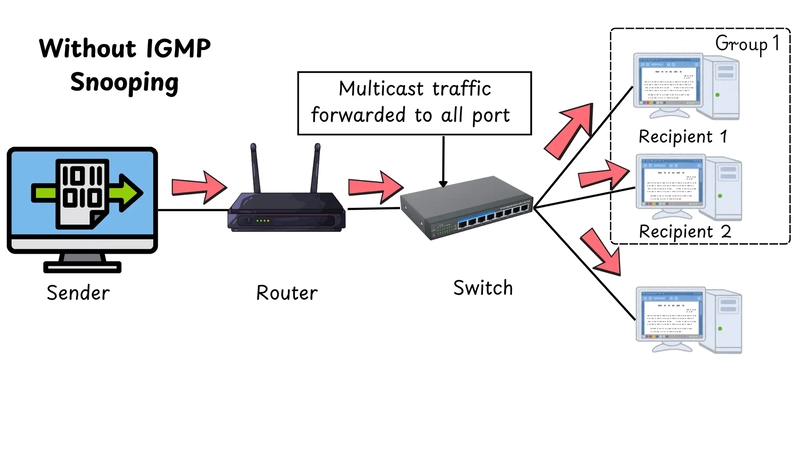Do we really need OO languages to manage software complexity?
This is going to be a very non-technical, soft question and I am not sure if this is the right platform. But I am a beginning CS student so I hope you guys tolerate it. In the first semester we were introduced to OOP concepts like encapsulation, data hiding, modularity, inheritance and so on through Java and UML. (Java is my first programming language) The way I understand it, OOP is a way of managing software complexity. But its principles are not new or unique, they are in a sense universal to all engineering fields. For example a car is a very complex structure whose complexity is managed by a hierarchy of modular and encapsulated components with well-defined behaviors and interfaces. But I do not understand the reason behind introducing a new programming paradigm. I think all the principles used for managing complexity can be realized by procedural programming languages. For example, for modularity we can just divide the program into many small programs that perform well-defined tasks whose code is contained in separate files. These programs would interact with each other through their well-defined input and output. The files may be protected (encrypted?) to achieve encapsulation. For code re-use we can just call those files whenever they are needed in new programs. Doesn't this capture all what OOP is or am I missing something very obvious? I am not asking for a proof that OOP manages complexity. In my opinion it certainly does. But I think all the principles used to manage complexity like modularity, encapsulation, data hiding and so on can be very easily implemented by procedural languages. So why really OOP if we can manage complexity without it?
This is going to be a very non-technical, soft question and I am not sure if this is the right platform. But I am a beginning CS student so I hope you guys tolerate it.
In the first semester we were introduced to OOP concepts like encapsulation, data hiding, modularity, inheritance and so on through Java and UML. (Java is my first programming language)
The way I understand it, OOP is a way of managing software complexity. But its principles are not new or unique, they are in a sense universal to all engineering fields.
For example a car is a very complex structure whose complexity is managed by a hierarchy of modular and encapsulated components with well-defined behaviors and interfaces.
But I do not understand the reason behind introducing a new programming paradigm. I think all the principles used for managing complexity can be realized by procedural programming languages. For example, for modularity we can just divide the program into many small programs that perform well-defined tasks whose code is contained in separate files. These programs would interact with each other through their well-defined input and output. The files may be protected (encrypted?) to achieve encapsulation. For code re-use we can just call those files whenever they are needed in new programs. Doesn't this capture all what OOP is or am I missing something very obvious?
I am not asking for a proof that OOP manages complexity. In my opinion it certainly does. But I think all the principles used to manage complexity like modularity, encapsulation, data hiding and so on can be very easily implemented by procedural languages. So why really OOP if we can manage complexity without it?









































































































































































![[The AI Show Episode 142]: ChatGPT’s New Image Generator, Studio Ghibli Craze and Backlash, Gemini 2.5, OpenAI Academy, 4o Updates, Vibe Marketing & xAI Acquires X](https://www.marketingaiinstitute.com/hubfs/ep%20142%20cover.png)































































































































![[DEALS] The Premium Learn to Code Certification Bundle (97% off) & Other Deals Up To 98% Off – Offers End Soon!](https://www.javacodegeeks.com/wp-content/uploads/2012/12/jcg-logo.jpg)
![From drop-out to software architect with Jason Lengstorf [Podcast #167]](https://cdn.hashnode.com/res/hashnode/image/upload/v1743796461357/f3d19cd7-e6f5-4d7c-8bfc-eb974bc8da68.png?#)

















































(1).jpg?width=1920&height=1920&fit=bounds&quality=80&format=jpg&auto=webp#)























































.png?#)








-(1).png?width=1920&height=1920&fit=bounds&quality=80&format=jpg&auto=webp#)
























_Christophe_Coat_Alamy.jpg?#)
.webp?#)
.webp?#)










































































































![Apple Considers Delaying Smart Home Hub Until 2026 [Gurman]](https://www.iclarified.com/images/news/96946/96946/96946-640.jpg)
![iPhone 17 Pro Won't Feature Two-Toned Back [Gurman]](https://www.iclarified.com/images/news/96944/96944/96944-640.jpg)
![Tariffs Threaten Apple's $999 iPhone Price Point in the U.S. [Gurman]](https://www.iclarified.com/images/news/96943/96943/96943-640.jpg)
































































































































![What are good examples of 'preflight check patterns' on existing applications? [closed]](https://i.sstatic.net/yl2Tr80w.png)
